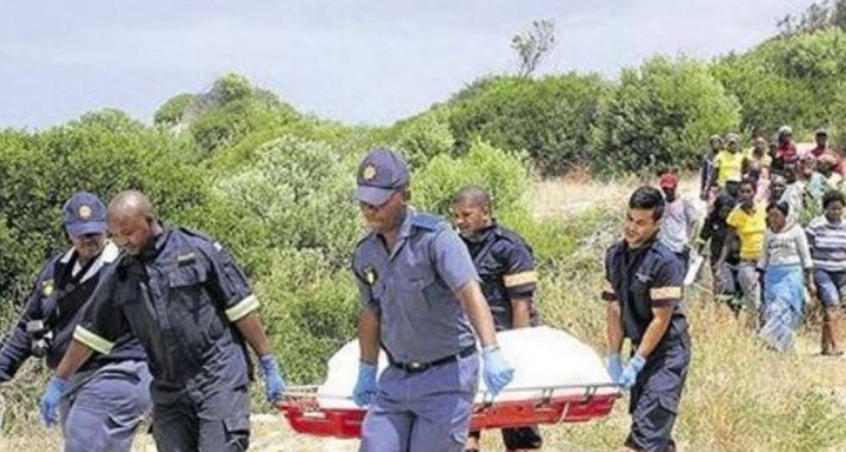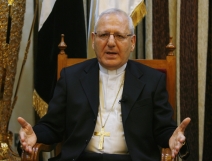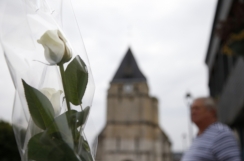
Alfred Ndlovu, a South African pastor, has starved to death.
It's a tragic story – but it's not what it seems. Because Ndlovu, 44, died not because he couldn't get enough food to eat but because he believed he was following in the footsteps of Jesus. Just as Jesus fasted for 40 days, Ndlovu decided to do the same – but without water, as well. He lasted for 30 days, then he died.
He is not the first person to try this. Zimabwean Khulu Reinfirst Manyuka did the same thing last year, with the same results. Others have also tried to fast for extended periods of time, resulting in either permanent damage to their health or death.
But whatever their motivations for doing this, there are good reasons for thinking that they are on the wrong track in any case and that the biblical account of a 40-day fast can be understood very differently.
Many Christians fast. It's a biblical practice that goes along with seeking God through contemplation and prayer. It's also a statement, through the deliberate denial of our bodily appetites, that we are prepared to deny ourselves in other areas of life as well: sinful desires, laziness and self-indulgence among them.
In the New Testament, Matthew, Mark and Luke all tell of how Jesus was tempted in the wilderness after his baptism for 40 days. Matthew and Luke specifically mention fasting. Only Luke specifically says he did not eat anything.
It is possible for human beings to abstain from food completely for 40 days, and some argue even longer. In 2012 a Swedish man whose car was buried under snow said he survived for two months by eating handfuls of it. The body's metabolism slows down and organs begin to shut down as they are used to keep the heart and brain alive. Someone's personal attitude and physical condition at the start of a starvation period also have a role to play – though water is crucial and Ndlovu stood no chance of survival after he decided not to take it.
However, someone who had been through that experience would be near death by the end of it and would take weeks to recover. In the Gospel stories, Jesus appears to return immediately to ministry. So some scholars believe that the story of Jesus' fast in the wilderness has to be read differently. Certainly he would not have done without water. He may have abstained from food, but some kinds of fast in the Judaism of that period required abstention only from particular kinds of food, so it was not a total fast. Luke's statement that he "ate nothing during those days" might be seen in that context rather than as implying total starvation.
Furthermore, the period of 40 days has a particular resonance in the Bible. Israel wandered for 40 years in the wilderness, while Moses fasted and prayed for 40 days on two occasions (Deuteronomy 9:9, 10:10). Some commentators think it is a symbolic way of speaking of a long period of time, rather than a number to be taken literally.
Fasting for that length of time is not impossible. But the point of the story is that Jesus went away to spend time with God, away from the distractions of everyday life. He mortified his body and gave up one of its essential needs as a sign of his willingness to give up everything for God. His wilderness experience helped him prepare for his life of service.
It's rare that people go to the extremes that Alfred Ndlovu did in seeking to emulate him. But sometimes fasting can be a cause for spiritual pride or vainglory. At its worst, it can be like achieving a personal best in some athletics event. But what really counts is God, and whether it helps us in our walk with him.
Follow Mark Woods on Twitter: @RevMarkWoods

















